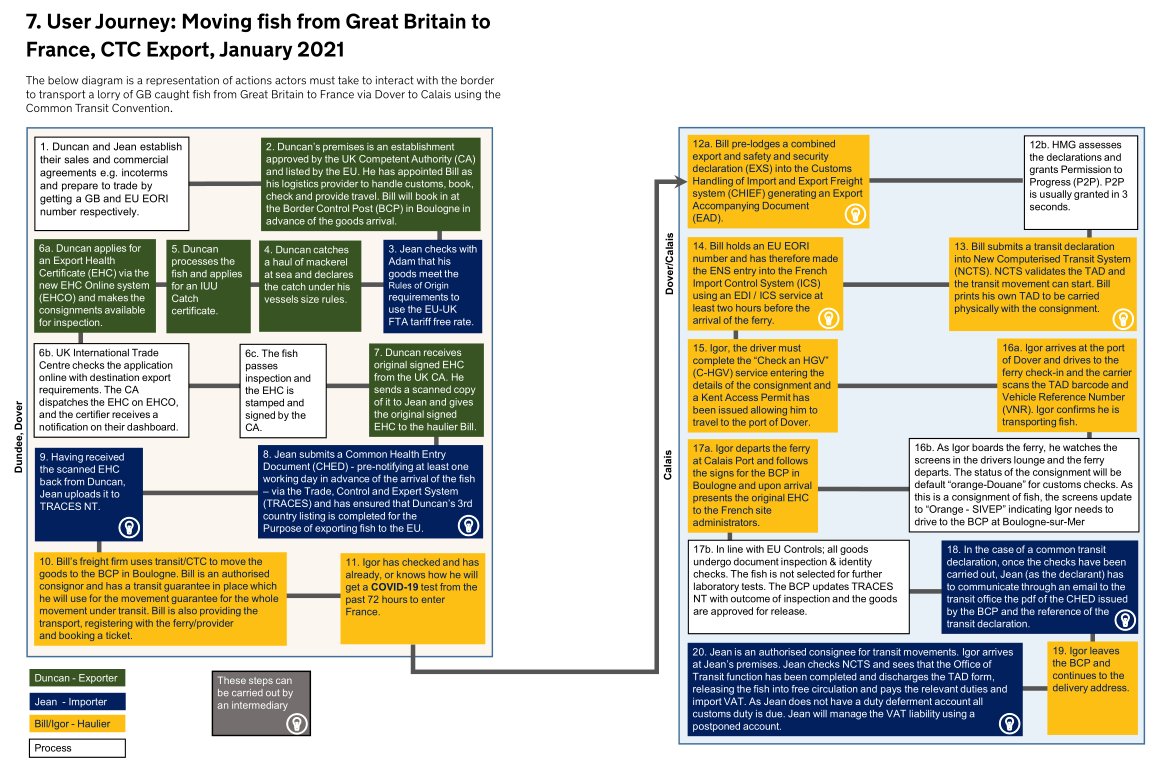Air travel
"Unless there is a contingency measure in place on air transport at the end of the transition period, air traffic between the EU and the United Kingdom will be interrupted."
The EU is proposing 6 months of reciprocal concessions to keep (most) planes flying.
However, they're not offering any concessions on airline ownership requirements, so BA for one may come unstuck here (depending on how its restructured shareholding is going). Its message: you already had plenty of time to prepare, including a grace period.
Road transport
A) Haulage
With no agreement, hauliers would have to use ECMT permits to provide any freight transport between the UK and the EU. But there aren't nearly enough of those to go around. So they're giving a basic grace period of 6 months, as long as we reciprocate.
B) Bus services
"Furthermore, in the absence of an agreement on a future partnership between the EU and the United Kingdom by 1 January 2021, regular bus services to and from the United
Kingdom would have to be interrupted"
Here too, offer is 6 months of continued connectivity.
C) Eurotunnel
Summary, paraphrased: we both want the tunnel to keep working just as much as each other, so let's sort out the administrivia to make sure that happens. In the meantime, let's extend safety certifications for a bit to keep it flowing.
Fishing
The EU want a reciprocal agreement to allow EU and UK vessels access to each other's waters until the end of 2021. (Not clear what happens to all the other proposed mitigations if the UK tells them to get lost on this point.)
And that's the lot. Anything not covered by the short list of measures will fall by the wayside come 1 January 2021 if we don't have a deal.
So, assuming the UK agrees to the above, we now have the shape of no-deal clear at last. Most things will break. A few basics carry on.
One more thing to point out: the EU explicitly asks member states not to freelance their own side-mini-mitigations in parallel to the EU's overall offer. Assuming that EU members respect that requirement, nobody will come galloping to our rescue.




























